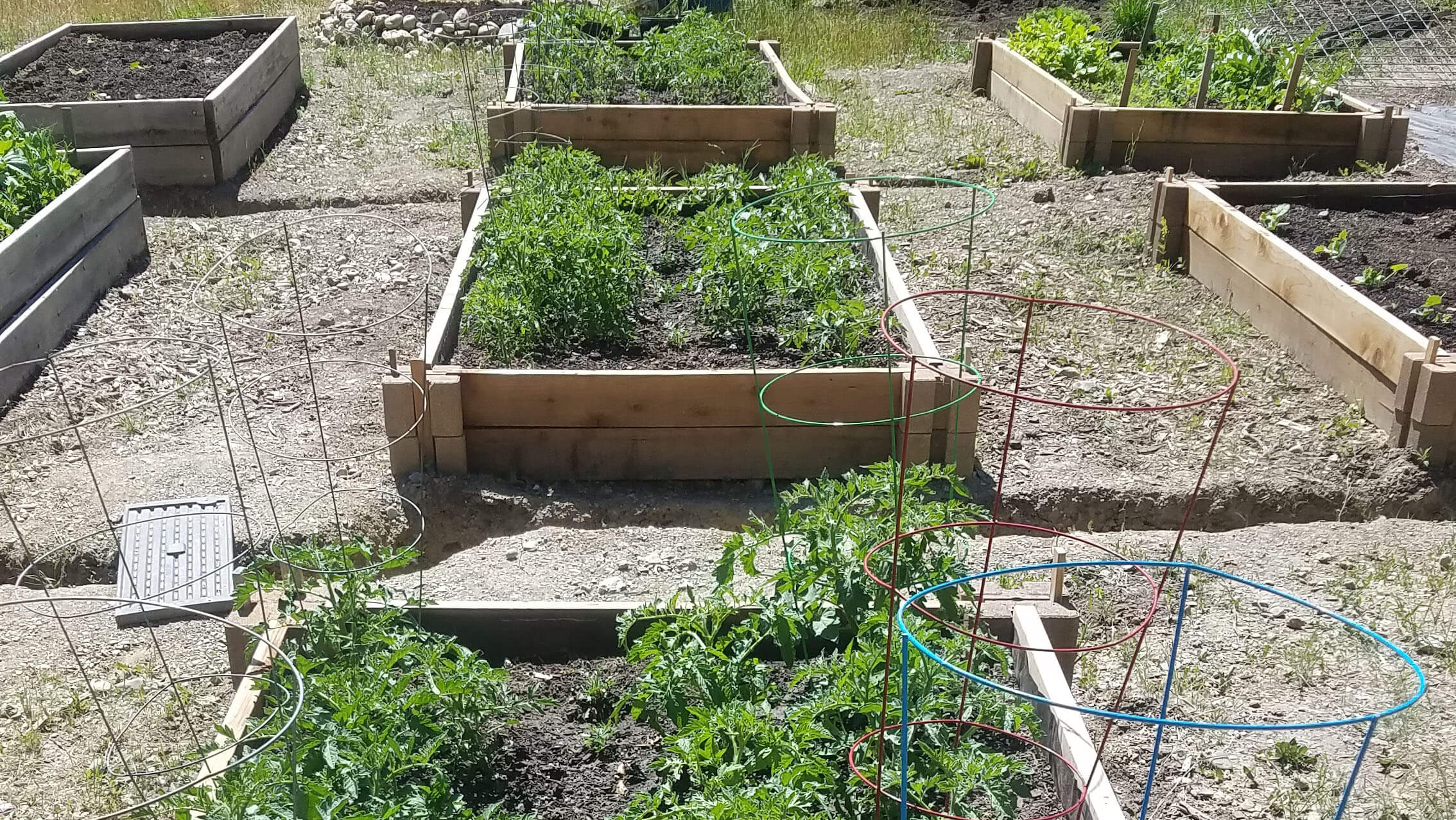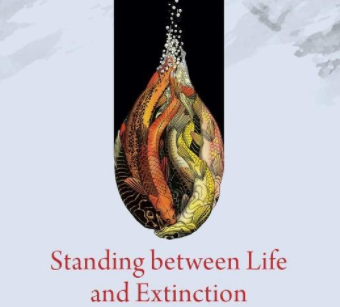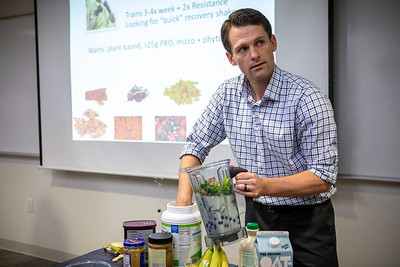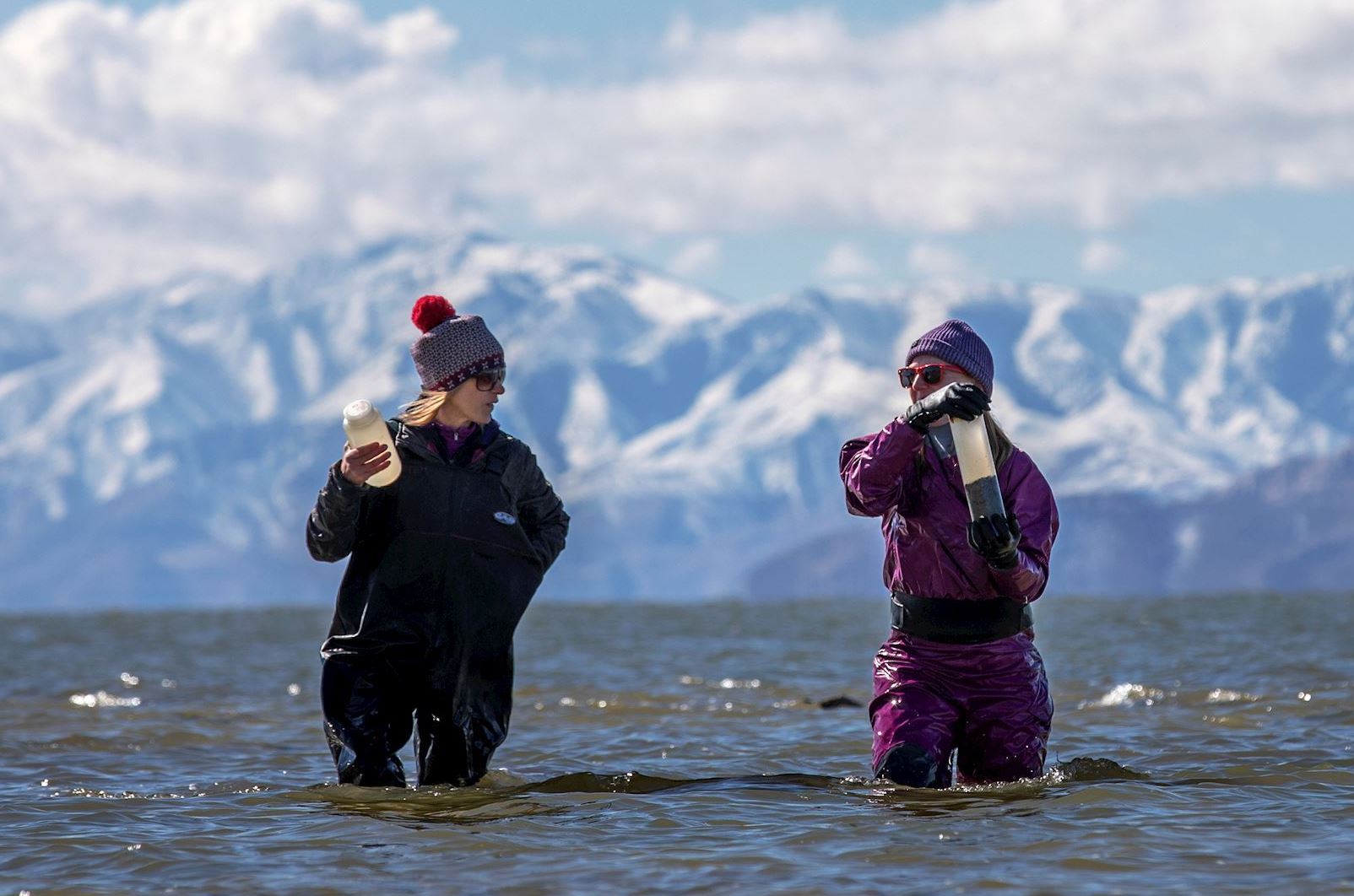
February WSU Sustainability Newsletter
.jpg)
Sign up for a Workshop at the Intermountain Sustainability Summit – Friday March 19
The Intermountain Sustainability Summit connects people and organizations who are advancing sustainability across the Intermountain West. Register today to virtually network with peers, attend impactful sessions and workshops, and vote in the student poster contest.
Summit workshops will be held Friday, March 19. Registered attendees will experience interactive learning with peers in an online setting. Register now to receive Early Bird pricing!
Workshops include:
- Local Landscapes, Gardens, & Climate Adaptation
- Building Community is Radical Activism
- Climate Action Planning
Workshops are in addition to the main day Summit events hosted on Thursday, March 18, 2021. Weber State students, faculty, and staff can learn about discounted pricing for Thursday sessions, Eco Expo, keynotes and more here.

Volunteer in the Community Garden
Help the Community Garden managers plan how they can best accommodate volunteers as they allocate equipment and garden space.
Please fill out this form to indicate your interest in volunteering in the spring: https://forms.gle/gYk7Xb8Sci4kVJvh7.
Also, stay tuned for "A Guide to a Sustainable Garden & Kitchen!," a resource to help students, faculty, and community members to become more sustainable in their everyday lives. The Garden team is in the final stage of assembling it; you can check it out on the community garden website soon.
Honors Course "Repair as a Radical Act" a Success
One of the most fascinating aspects of sustainability is finding solutions through repair, and so eliminating having to purchase replacement products. Honors 2050: Repair as a Radical Act was introduced for the first time in Fall 2020. This course was co-taught by Taylor Foss, from the College of Engineering, Applied Science and Technology, and Dr. Matt Gnagey, from the Economics Department. The course addressed the environmental and economic impacts associated with a “throwaway society” while including a variety of hands-on labs designed to teach the basic diagnosis and repair of the products we use every day.
In addition to delving deeper into topics ranging from the economics of consumer products and recycling, students gained experience and learned skills in the following:
- Sporting goods repair: bicycles, skis, and snowboards
- Automotive repair and maintenance
- Welding
- Basics of mechanical repair
- Basics of electronics and repair
- Home repairs
- Sewing
- Small engine repair
- Touring the local recycling plant
Photos of various projects are below.
Student trouble-shooting and re-soldering tree lights
.png)
Students learning some electronic repairs
Student repairing a bicycle

WSU Faculty Co-edits and Authors Book on the Conservation of Desert Aquatic Species
Dr. Chris Hoagstrom, a professor of zoology, is co-editor of and contributor to the multi-authored volume Standing between Life and Extinction: Ethics and Ecology of Conserving Aquatic Species in North American Deserts (University of Chicago Press), which includes 26 chapters authored by leaders in fields from fish biology and aquatic ecology to climate change and the Endangered Species Act.
The book represents and was partly funded by the Desert Fishes Council, a non-profit organization with a 50-year history of conserving desert fishes and the ecosystems they depend on. It is sequel to the landmark volume Battle Against Extinction, published in 1991 (University of Arizona Press). In addition to serving as co-editor, Hoagstrom is lead author on two chapters that include the first comprehensive listing and geographical analysis of desert-fish biodiversity and a final synthesis of contributions to the book with historical, philosophical, as well as practical considerations for the future of aquatic conservation in the desert.
https://press.uchicago.edu/ucp/books/book/chicago/S/bo50270885.html

Sustainability Teaching and Research: March 1 – an Important Deadline
Reminder: March 1 is the deadline for Student and Faculty Sustainability Research Award submissions and SUS attribute proposals for courses including or focused on sustainability in some way. The process to apply is 3 easy steps.
Drop-in help sessions (via Zoom) for faculty interested in or completing a SUS attribute proposal request will be held:
Thursday, Feb. 11, 2-3 pm (use this Zoom link)
Friday, Feb. 18, 2-3 pm (use this Zoom link)
Thursday, Feb. 25, 3-4 pm (use this Zoom link)
 Geoscience & Society Series
Geoscience & Society Series
All are welcome to come and learn about the intersection between geoscience and society in Dr. Carie Frantz’s Geoscience & Society Series.
Come learn about the links between soil and climate change, the environmental and human costs of saving a life, energy trends and more. The series, a Department of Earth and Environmental Sciences course, will incorporate case studies, readings, presentations, and seminar-style discussions related to geologic hazards/disasters, natural resources, climate change, and applied geoscience careers.
Sessions for February address the following topics:
Friday, February 12
"Weber State University's progress toward carbon neutrality"
Presented by Justin Owen, Weber State University’s energy manager
Friday, February 19
"Lightning Flowers - The environmental and human costs of saving a life"
Presented by author and teacher Katherine Standefer
Friday, February 26
"Public health, environmental justice, and arsenic in prison drinking water"
Presented by Dr. Anne Nigra, a postdoc in Columbia University's Superfund Research Program, who has published papers on environmental racism and water quality at correctional facilities and given interviews on environmental justice in national news.
https://www.weber.edu/cariefrantz/geoscienceandsociety.html
This year's seminar will be taking place virtually via Zoom. To access the webinars and schedule use this link.
.jpg)
Make your voice heard by reaching out to legislators
Utah’s 2021 Legislative Session is off and running. Utah Clean Energy’s policy team is working on and tracking several bills that impact clean energy, climate, and air quality issues.
You can find more information about these bills and others through the Utah Legislature. Contacting legislators is an important part of participating in the civic process. Legislators for each district can be found using this interactive map.
